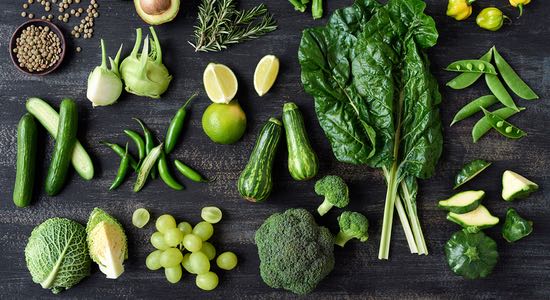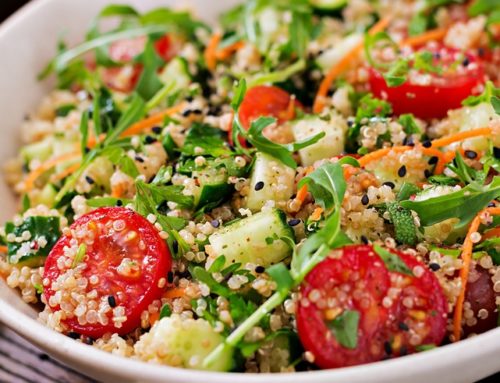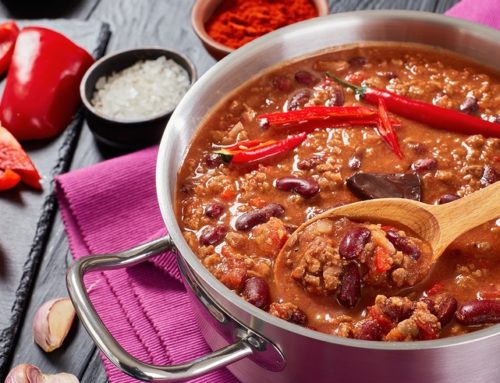You know the drill. You’ve probably been asked by every healthcare provider how you’re doing with getting fluids and protein in after surgery. For good reason, dehydration is the most common reason patients return to the hospital after weight loss surgery. Getting in at least 64 oz of fluids per day can also help avoid constipation, and kidney stones. Consuming adequate protein helps keep us feel full for longer periods between meals, supports healing after surgery, and can help maintain our lean body mass (muscle and organ tissues) during periods of weight loss. So, at least in the earlier stages after weight loss surgery, fluids and protein will be the primary focus of conversations with your Nutrition Specialist. But what about a few weeks, and a few months down the road?
As you start to tolerate more foods, adding in vegetables and some fruit will also become important. Not only will this give you more variety and options in your meals, but these colorful eats are also very high in nutritional value. For very few calories, vegetables and fruit are packed with vitamins & minerals, fiber, and flavonoids. If consuming vegetables and fruit daily was not part of your routine before surgery, it may seem overwhelming to start now.
Start by focusing first on your protein source, be it yogurt, egg, low fat cheese, fish, or lean meat. Then pick a vegetable or fruit to complement it. For example, pair some low fat mozzarella with fresh tomato slices and basil. Or, serve your baked tilapia over some roasted squash. If you enjoy making smoothies, why not add a good handful of baby spinach to sneak in an extra veggie serving? Speak with your Nutrition Specialist for more ideas based on your preferences, and also keep an eye out for a new feature coming soon to the patient portal with even more meal ideas!





